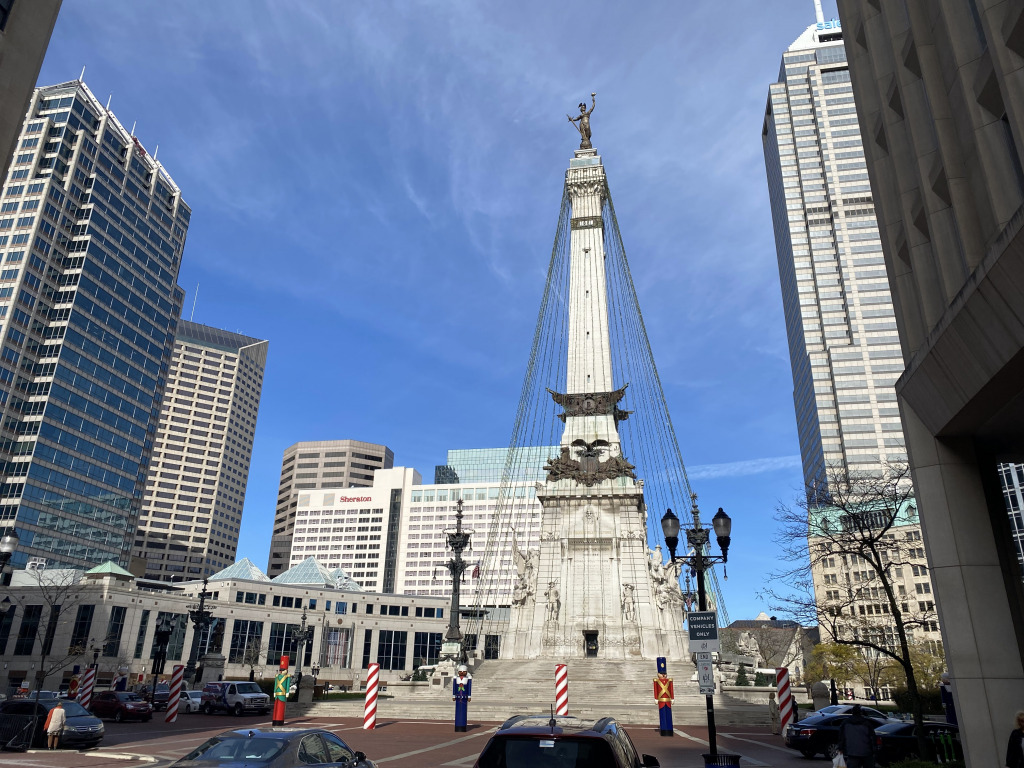
Speedway town official files to challenge Ryan Mears in Marion County prosecutor race
Philip Foust, a Republican, worked in the Prosecutor’s Office from 2015 to 2021 and saw “how dramatically it has drifted from its core mission,” he said in a press release announcing his candidacy.





















